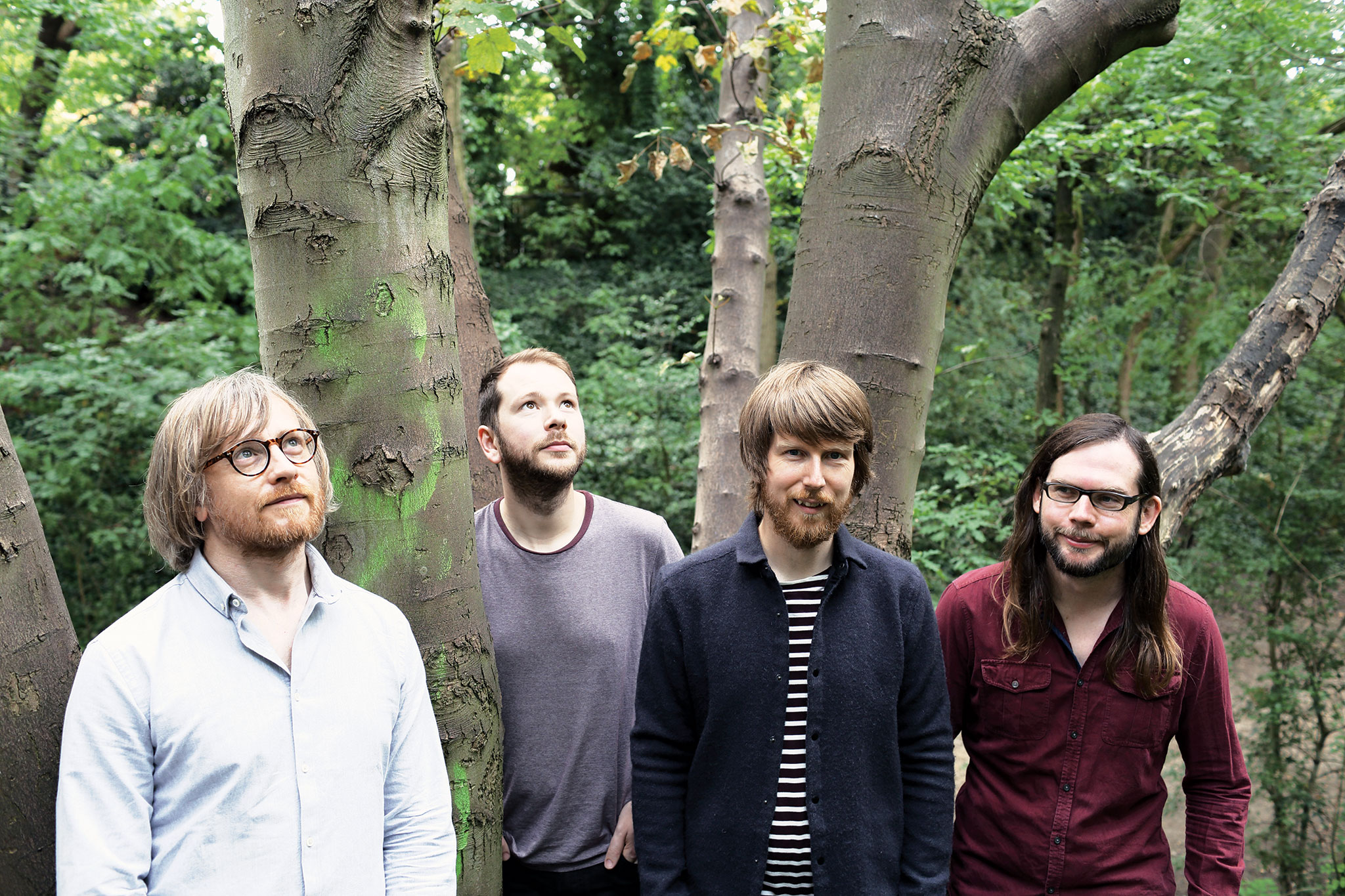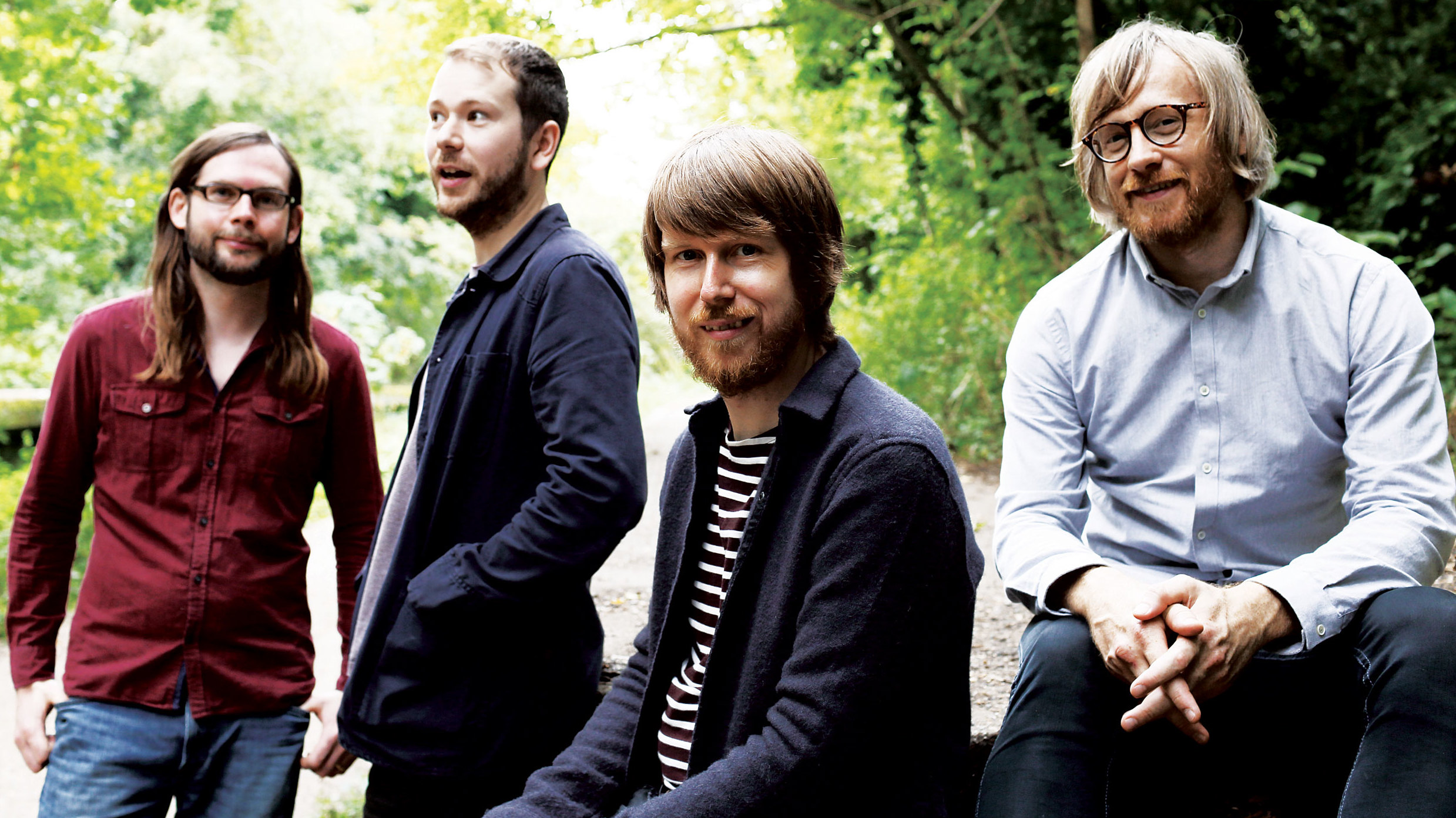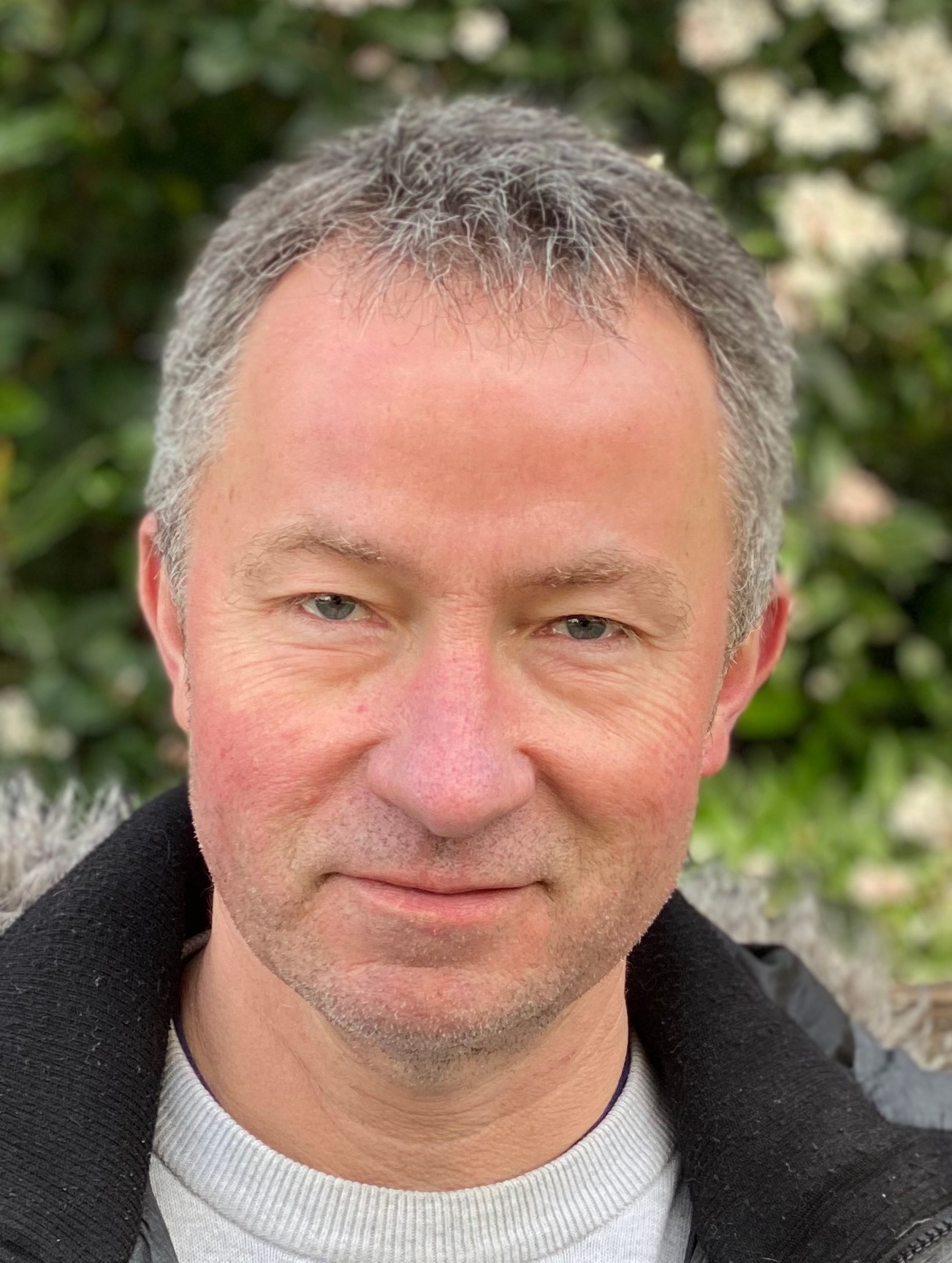Wolf People are the “pagan folk psyche prog” frontiersmen whose inspiration goes back to nature, and whose geographical DNA is as old as the Domesday Book. The town of Clophill in Bedfordshire, where frontman Jack Sharp and drummer Tom Watt were raised, is mentioned as Clopelle, or “tree stump”, built on land owned by a Norman knight. Now the four-piece are unleashing their most powerful piece of work to date in the Ruins album, which foresees a post-human world that has returned to the land.
As Sharp reveals, the driving, persuasive opening track Ninth Night, released as an early outrider for the new album, has a strikingly distorted vocal sound that almost literally came out of the garbage.
“That vocal effect, someone gave me a tape machine to record stuff on that they’d found in a skip,” he says. “It never worked, but it came with a really terrible microphone. So I started recording stuff. I’ve recorded guitars through it as well because it just distorts it massively and makes it sound really odd.
“That one is a bit different from the others,” says Sharp of the song, “because I made a demo at home and showed it to everyone. They were really into it, and we started playing it together. We’re really happy playing it live now but we never really got a recording that was as exciting as the demo, so we just went back to that and built up from there.”
The follow-up to 2013’s Fain paints a picture of a modern society where you can have any colour as long as it’s black. But have no fear, Wolf People are here, “emerging from the woodlands, riverbanks and the dales like the grizzled ‘green men’ resistance fighters of the post-Norman invasions”.
Or, as Sharp says somewhat more prosaically about the supposedly post-apocalyptic nature of Ruins:“A few people have said that, but it’s not something that I’ve done on purpose. As always, it’s just that whatever was going on at the time goes in there. Yeah, there seems to be a bit of a ‘power of nature’ feel to the record. It’s just whatever tended to be in my head.”
So while the album could have been a dark vision of the future, it’s actually the score for an optimistic vista in which music and nature combine to reclaim a land that we’ve trashed.
“Often when people are describing the natural world, and talking about birds and trees and stuff like that, it tends to be quite gentle, and the natural world isn’t like that. It’s this powerful, extreme thing, and I think we wanted to reflect that with the music.

“We definitely made a conscious effort to remove at least some of the folkiness. It’s difficult to take all of it out because of who we are and what our influences are. But because Fain was a record that was very much based on the harmonics of traditional English music, I didn’t want to go too far down that road with this. I wanted it to be a bit more of a hard rock record and not folk rock.”
To that end, they took specific encouragement from some metallic sources. “We’re all fans of Sabbath and early UK hard rock stuff,” he explains. “We really got into the Scottish band Iron Claw when we were starting to make the record. This band were massively influenced by Sabbath and Led Zeppelin, but made these rough-around-the-edges records that weren’t really recorded as professionally as other records. But songwriting and playing-wise, they’re as good as those early Sabbath albums.”
Wolf People’s motivation may be steeped in time, but their interaction is more modern. They recorded Ruins in Devon, the Isle Of Wight and London, and have a far-flung infrastructure that calls on technology. “We’re a bit of an email band,” says Sharp.
These days he lives in Bedford, some 10 miles from Clophill and relatively close to Watt and bassist Dan Davies’ London locations. But guitarist Joe Hollick is way up country, so Wolf People often work their magic by long distance.
“I tend to see Tom and Dan quite often,” says Sharp, “but Joe seems quite happy in Lancashire, and looks like he’s going to stay there. We do a lot of our communication musically, sharing stuff we like via the internet. Then when we get together we have a very short amount of time to get stuff going.
“Having said that, apart from Ninth Night, all of the other stuff on the record is just the sound of us playing together in a room. We very much wanted to do that this time and capture the excitement of it. We’ve been together quite a long time so we do tend to sound quite natural.
“All of the other records have been us playing together,” Sharp continues, “but I think in the past it’s been a bit more necessary to fix things. This time we had really solid takes we were really happy with, that we could just overdub the vocals or whatever. Some of them have so few overdubs compared to what we used to do. We were coming out with perfect guitar takes, no edits needed.”
Sharp and Watt are also great admirers of the Peter Green-era Fleetwood Mac, both in terms of Green’s guitar sorcery and the primal, bluesy nature of the band’s work. But Sharp explains that Wolf People’s origins lay in his own attempts at an improbable-sounding marriage.
“Originally, it was kind of me doing it on my own, because I’d been living in London and I moved to Bedfordshire and suddenly it felt like I had a bit more headspace to do stuff. The two things I was listening to massively when I started doing it were Pentangle and Captain Beefheart. I was thinking if I could somehow mix those two things together…
“So I did that just for fun, really, and then people started being interested in it and suggesting that I set up a band. So I called Tom, because I’d grown up with him and had always been in bands with him. Then we found some other people to play as well. That was 10 years ago.”
The band’s eight-date November tour will be their first since Sharp took up part-time duties as a college lecturer a year ago. They go into the gigs confident in the new material and with the knowledge that much of it has already been bedded in live. What’s more, their fans know not to expect an all-dancing spectacle.
“To be honest, I never even think about lights or anything,” laughs Sharp. “I think if you’re watching a band, if they’re doing something really exciting musically, and you can see that electricity between them, that to me is visually very interesting. And we’re all getting on a bit, we’re all mid‑30s, getting towards 40. You don’t want to see us jumping around.
“You see pictures of Peter Green’s Fleetwood Mac and they’re just wearing a jumper and some jeans. But you listen to that stuff and it’s incredible. I’d rather someone was just interested in the way we play and interact off each other.
“We’ve done stuff where there’s been really nice projections or settings, and it’s always great, but it’s not something I think about loads. I leave that for other people. We did Liverpool Psych Fest a few years ago and it was quite a simple idea but they had all these screens and projections of a forest around us, and that was really nice.”
The frontman adds: “We did a lot of touring in 2013 for Fain, but this is a fairly short tour – we’re just whipping around the UK. We probably will do some European dates at the beginning of 2017, and we’re talking about going to the US next summer. We’re just happy to wait and see how the record fares, but I think we feel this is the best one we’ve ever done.”
Ruins is out on November 11 via Jagjaguwar. See the band’s website for tour dates and more information.

